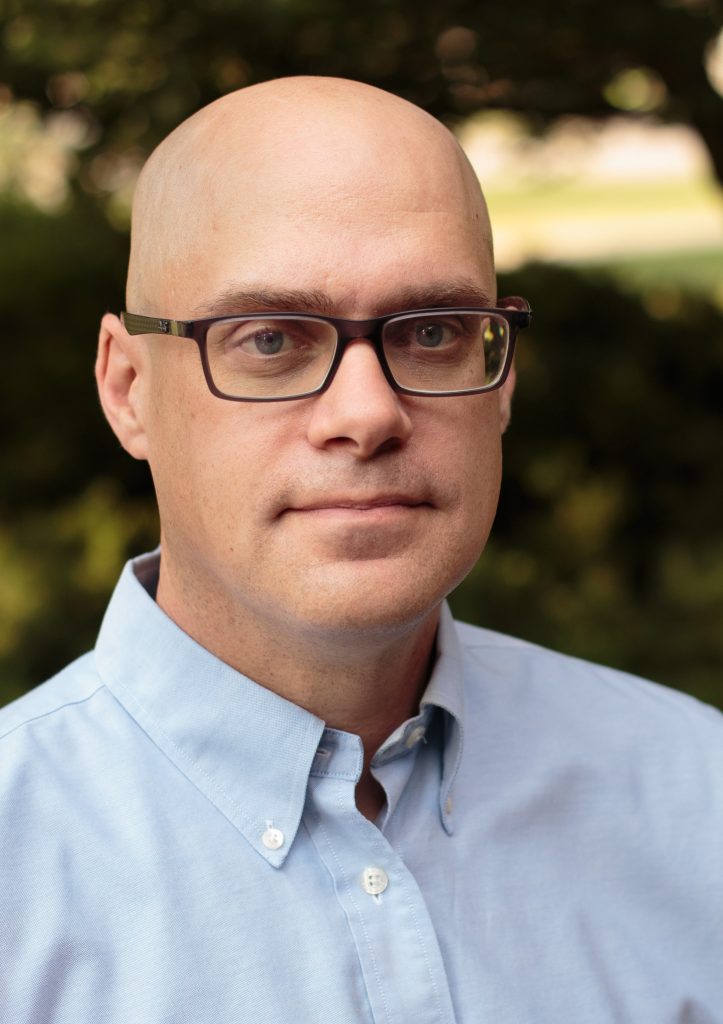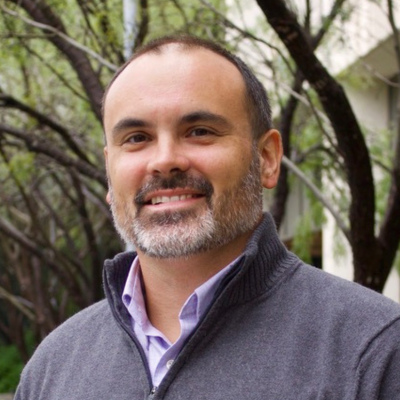
John C. Besley: John studies public opinion about science and scientists’ opinions about the public. His goal is to help science communicators be more effective by helping them consider evidence-based and strategic communication choices. He also does research aimed at understanding how peoples’ views about decision-makers and decision processes (i.e., trustworthiness and fairness beliefs) affect their overall perceptions of science and technology (S&T).
John has published more than 100 peer-reviewed journal articles and book chapters. This work has appeared in high-ranking journals including Risk Analysis, Science Communication, Public Understanding of Science, and the Journal of Risk Research as well as a range of edited volumes. He has received funding from the National Science Foundation, the United States Department of Agriculture, and a range of foundations. He is the associate editor for risk communication for Risk Analysis
In addition to his regular research, John was the lead author for the 2014, 2016, 2018, and 2020 National Science Board chapters on public attitudes and knowledge about science and technology.
Michigan State University awarded John its William J. Beal Outstanding Faculty Award in 2021 and the American Association for the Advancement of Science (AAAS) honored him as a fellow in 2018. In 2013, the Association for Education in Journalism and Mass Communication awarded him the Hillier-Krieghbaum Under 40 Award.
John earned his Ph.D. in Communication from Cornell University in 2006 and both master’s (Public Administration, 2000), and bachelor’s (Journalism, 1998) degrees from Carleton University in Ottawa, Canada. Prior to his Ph.D., Dr. Besley served as a policy analyst with Environment Canada’s Policy and Communication’s division working on international environmental issues.

Anthony Dudo researches the intersection of science, media, and society. He is particularly interested in scientists’ public engagement activities, media representations of science and environmental issues, and the contributions of informational and entertainment media to public perceptions of science. His recent work has examined factors influencing scientists’ likelihood to engage in public communication, scientists’ goals for public engagement, and the growing community of science communication trainers.
His research has been funded by the National Science Foundation, Rita Allen Foundation, Lasker Foundation, John Templeton Foundation, Kavli Foundation, Chan Zuckerberg Initiative, and Knight Foundation. Dudo was named a Kavli Fellow of the U.S. National Academy of Sciences and he is the former chair of the Communicating Science, Health, Environment, and Risk Division of the Association for Education in Journalism and Mass Communication. He is the program director for science communication in the UT Center for Media Engagement, a faculty mentor for the UT Science & Technology Communication Lab, and is an affiliate faculty member of UT’s Center for Health Communication and Environmental Science Institute.
His research has appeared in numerous journals including Nature Nanotechnology, Communication Research, Science Communication, Public Understanding of Science, Risk Analysis, Journalism & Mass Communication Quarterly, the Journal of Research in Science Teaching, and New Media and Society. His work has also appeared in books including, The Communication Yearbook, Hollywood Chemistry, The Handbook of Nanotechnology in Society, and The Cultivation Differential. He recently co-edited a book in the Moody College’s New Agendas series focused on strategic communication and is currently co-writing a book titled Strategic Science Communication to be published with Johns Hopkins University Press.
Dudo is the faculty committee chair of UT’s cross-disciplinary minor in science communication, and regularly teaches courses focused on integrated brand promotion and science communication. In 2016 he was a recipient of the UT-System’s highest teaching honor, the Regents’ Outstanding Teaching Award. He previously worked in strategic communications for the Academy of Natural Sciences, a natural history museum and scientific research institution operating in Philadelphia since 1812.
